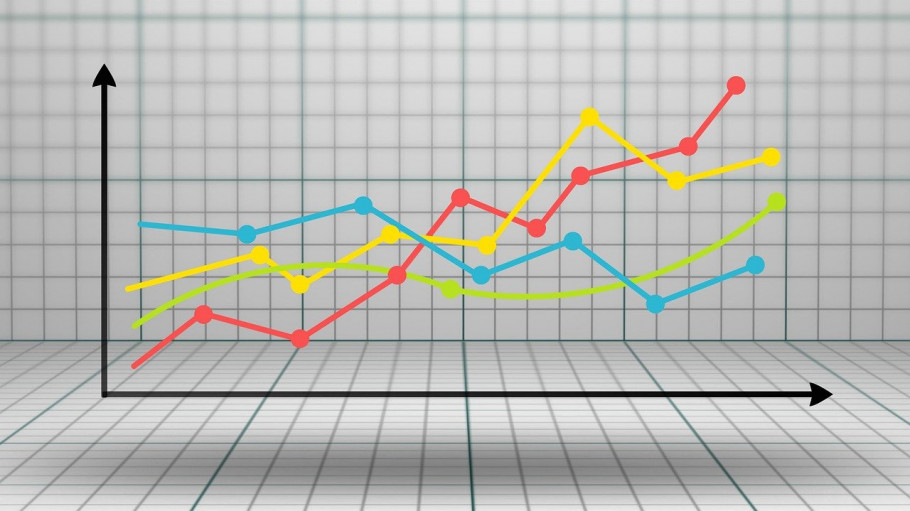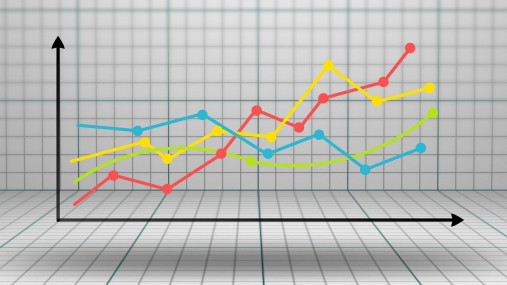
Publications » Position papers » Joint statement: energy-intensive industries urge swift action to tackle unprecedented energy crisis
Joint statement: energy-intensive industries urge swift action to tackle unprecedented energy crisis
Downloads and links
Recent updates

Brussels, 20 October 2021 - Ahead of the European Council meeting, industry calls for immediate support to address the skyrocketing energy prices which endanger the post pandemic recovery, coupled with structural measures securing the affordable low carbon energy required to meet the objectives of the EU Green Deal.
Gas and electricity prices have been rising exponentially in the last weeks and months, registering 4-to-5-time increases in comparison to last year. The main reasons for this situation are the imbalances in the gas market (which represents the primary short-term element), seasonal factors that have reduced renewable energy production, reduced nuclear energy production and increased carbon costs passed on in electricity prices.
Energy-intensive companies that are most exposed to such price spikes have been forced to react by curtailing and/or temporarily closing plants. Protracted high prices on the spot markets are also being reflected in the futures for the first semester of 2022. Such a trend represents a major threat for the full post pandemic recovery.
In addition, access to affordable low carbon energy sources represents a key condition for a competitive transition of energy intensive industries towards the climate neutrality target. Therefore, protractedly high and/or more volatile energy prices risk also jeopardising their transformation in the medium term.
The toolbox presented by the European Commission last week provides an overview of the measures that can be taken in the short term to support households and industry. We urge national authorities to exploit the full potential of the toolbox. However, it is clear that this unprecedented crisis requires additional, urgent initiatives.
In order to address the imbalances of the gas market, the EU should fully use its commercial and diplomatic pressure on the major gas suppliers. Furthermore, ad-hoc state aid rules are necessary to enable member states to react more prominently than currently allowed during periods of energy market stress. At the same time, a close monitoring mechanism of electricity and gas markets needs to be established to prevent further ‘outages’ during the upcoming winter.
While the ongoing crisis is linked to several conjunctural factors, its effects provide also important medium-term indications for the Fit for 55 Package and the overall climate and energy regulatory framework:

Download this publication or visit associated links
Strasbourg, 17 December 2025 – The European Commission’s latest proposals on the Carbon Border Adjustment Mechanism (CBAM), unveiled today, correctly identify several loopholes that risk undermining its effectiveness, notably regarding EU exports, downstream sectors and circumvention practices. However, despite these laudable efforts, the measures put forward fail to deliver a comprehensive and durable response to carbon and jobs leakage, warns the European Steel Association (EUROFER).
A milestone occasion to quickly and effectively restore affordable electricity, to relaunch the
decarbonization and strengthen the international competitiveness of the European steel
industry.
Brussels, 02 December 2025 – Unchanged negative conditions – U.S. tariffs and trade disruptions, economic and geopolitical tensions, protracted weak demand and still high energy prices – continue to weigh on the European steel market. EUROFER’s latest Economic and Steel Market Outlook confirms for 2025 another recession in both apparent steel consumption (-0.2%, unchanged) and steel-using sectors (-0.5%, revised from -0.7%). A potential recovery is expected only in 2026 for the Steel Weighted Industrial Production index (SWIP) (+1.8%, stable) and for apparent steel consumption (+3%, slightly revised from +3.1%) – although consumption volumes would still remain well below pre-pandemic levels. Steel imports retained historically high shares (27%), while exports plummeted (-9%) in the first eight months of 2025.